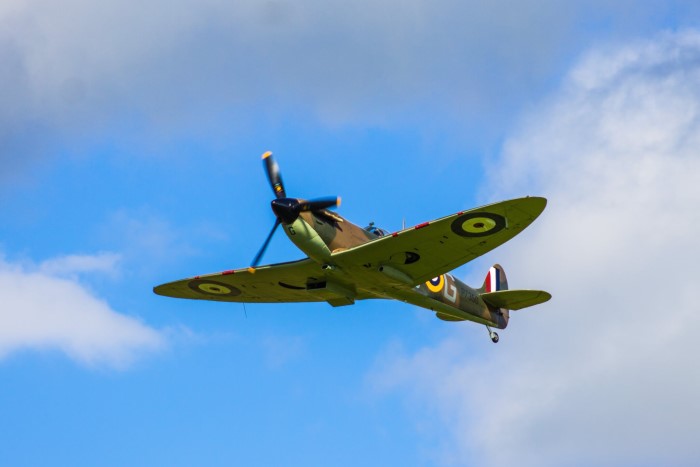Commemorating 80 Years: The Timeless Importance of D-Day
05 June 2024

Cast your eyes back to 1944. Britain and her allies were striving to complete the biggest invasion by sea in history along the beaches of Normandy in Northern France. The combined efforts of allied forces were fighting to overthrow Nazi Germany and its leader, Adolf Hitler who had so far been winning the war and spreading the ideology of Fascism throughout Europe.
This ambitious invasion is remembered around the world and will be commemorated widely across the UK and beyond on Thursday 6th June as it will be the 80th anniversary of this turning point invasion.
Not only has it been remembered as the largest seaborne invasion in history, but the beginning of the liberation of France and Western Europe, leading to the defeat of Germany and the end of World War 2 on September 2, 1945.
As we celebrate the 80th anniversary, it pays to pause and remember why it still matters today.
- A Brief Timeline of D-Day
If you’re not familiar with the history, this is a brief reminder of the D-Day timeline. Allied forces combining the US, UK, Canada and forces from Australia, Belgium, France, the Netherlands, New Zealand, Norway and Poland clubbed together and landed 156,000 troops on the beaches of Normandy.
Early in the morning before dawn, thousands of paratroopers from the American and British forces dropped behind enemy lines and secured bridges, roads, and other points to support the invasion. Before the actual landings, Allied naval ships bombarded German fortifications along the coast to weaken defences.
As dawn broke across the coast, American, British and Canadian forces landed on the beaches and were met with strong resistance. Despite casualties somewhere around the 156,000 mark, the beachheads were secured, and the Allies had a foothold across the whole of Normandy.
This success meant the Allies could build up their forces in France and, in the following days, millions of troops, vehicles and supplies were transported to the European mainland.
There may be different versions of the story and mismatched timelines, but essentially, the key takeaway is that D-Day is remembered as a significant feat of combined bravery from the Allies which led to a decisive turn in World War 2.
- Long Term Consequences of D-Day
This bravery from Britain and its Allied forces led to the infiltration of forces in France and Western Europe, and set the stage for the eventual defeat of Nazi Germany and the eventual end of World War 2.
After the D-Day landings, a crucial second front was established which forced Germany to fight on both eastern and western fronts, meaning their resources were stretched and weakened. With France liberated, the Allies could work together to reclaim occupied territories and weaken Germany’s control.
Germany’s failure and weakness culminated in the Battle of the Bulge, where Allies crossed the Rhine and collapsed their defences. Not long after, the Allies advanced from the west and the Soviets from the east, which led to Germany’s surrender on May 7, 1945.
D-Day may have been just one battle in a long and casualty-ridden 6 years of war, but played a huge role in weakening Nazi Germany and accelerating the pace of Allied victory in Europe.
- How D-Day is still Relevant Today
As you sit back and watch the commemorative coverage of the 80th anniversary of the D-Day landings, or manage to catch a fly past from the Red Arrows somewhere on the coast of the UK, it’s worth reflecting on what this milestone in WW2 history means, and why it’s still significant today.
Although a lot of time has passed since troops landed on Normandy, the lessons of bravery, cooperation, teamwork and sacrifice that come from the soldiers and those who worked the seas, endure today in the values we should all strive to have, whatever our lives look like.
What's more, without this valour and the efforts of Britain and her allies, we might have been face to face with a very different world today.
80 years may have been and gone since this turning point invasion, but June 6th is a poignant reminder of the courage, cooperation and enduring fight for freedom that ordinary people fought to preserve so we could live in the world we have today.
Feeling inspired to explore aviation history? Why not try your hand at Vintage Flying in a Tiger Moth Biplane or Boeing Stearman, or even sign up for a Spitfire Experience? Here at FlyDays we have so many Flying Experiences that are ideal for aviation enthusiasts and those who want to experience a slice of the past.



